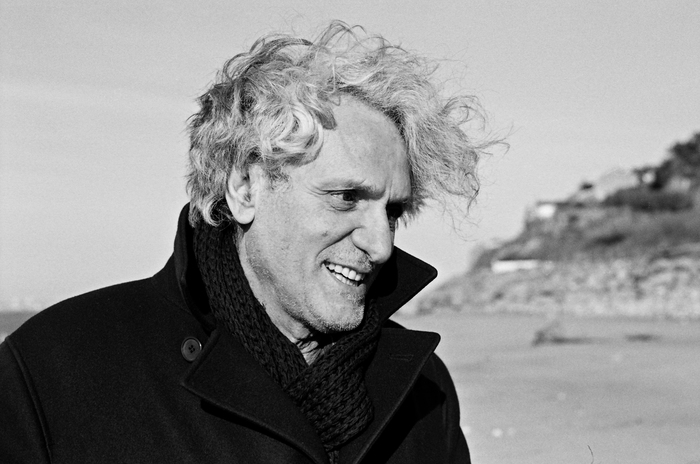Jacques Kebadian
Assistant to Robert Bresson from 1965 to 1969, and author of a film about Trotsky (1967), Jacques Kebadian has combined his documentary filmmaking with an ongoing commitment to protest. A member of the Atelier de Recherche Cinématographique (a group of militant, libertarian filmmakers, close to institutional psychotherapy and the alternative clinic at La Borde, who filmed the struggles of ’68) in 1967-69, then of the short-lived Eugène Varlin collective, he went on to make numerous films linked to Armenian memory (Que sont mes camarades devenus, Mémoires arméniennes), the struggles of undocumented African families (D’une brousse à l’autre, 1998), the incandescent literature of Pierre Guyotat or the Zapatista march in Mexico (La Fragile Armada, 2005, co-directed with Joani Hocquenghem), all of which met with great critical success.
Albertine, le souvenir parfumé de Marie Rose
by Jacques Kebadian and Collectif Eugène Varlin (1972, 25 min)
A cheeky, anti-authoritarian comedy, somewhere between fiction and documentary. “Albertine”, a film manifesto for the insurrection of youth and desire, tells the story of a teenager in rebellion against school, the rancid family and religion, and features young people demanding their right to unfettered sexuality and the right to abortion for minors.
Trotsky
by Jacques Kebadian (1967, 50 min)
“It was 67, in Mexico City on the Seine, young people in suits – from the 3rd quarter of the twentieth century – lined up in front of a suburban bungalow; behind the leafless foliage of an early winter lurk hooligans and their ambush glances, a few shots in a suburban garden, a body tipped over a small bridge and there it was, Trotsky’s first assassination attempt.
A low angle, 5 or 6 voices chanting slogans; an embankment in the guise of a slag heap, an obsolete cement factory, a metal skeleton representing capitalism; red flags masking and unmasking the speaker, and then, from these suburban snippets, then from two rudimentary stands, one surmounted by a photo of Trotsky, the other dominated by a photo of Stalin, emerges the reality of the Russian revolution.
It’s not one, but several speakers, haranguing and acting out Trotsky’s speeches: the young and handsome bookish exegetes of Trotskyism who, smoking fag after fag, compile and declaim books around a table underground enough to be believed clandestine.
Lyrical and minimalist fictions, archives of the Russian revolution, and Soviet films, notorious films, cult films, are treated on an equal footing.
Each takes up the mantle, in this case the leather jacket, of the revolutionary; the revolution is in everyone, everyone carries the word, it is multiple, many and all.” Franssou Prenant
With Patrice Chéreau, Marcel Maréchal, Marcel Bozonnet, François Lafarge, Françoise Renberg, Guy Hocquenghem, Joani Hocquenghem, Pierre-William Glenn, Mic Andrieu, Walter Bal.
